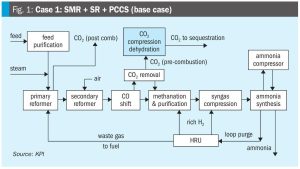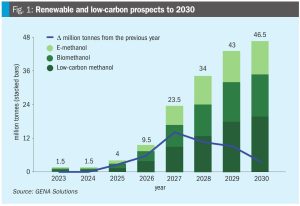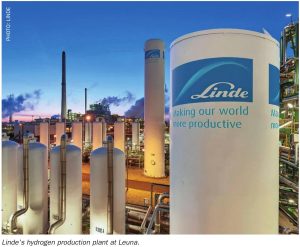Clariant has signed a strategic cooperation agreement with Shanghai Boiler Works, a full subsidiary of Shanghai Electric specialising in energy conversion and the development of new energy applications, to jointly foster innovation in sustainable energy solutions. The partners will combine their expertise to advance green energy projects in China. The agreement is the result of close and successful cooperation in Shanghai Electric’s new biomass-to-green methanol plant in Taonan, Jilin Province, China. In addition to supplying its MegaMax catalysts, Clariant provided technical on-site support during the successful startup of the 50,000 t/a plant. The second phase of the project, with a capacity of 200,000 t/a green methanol and 10,000 t/a of sustainable aviation fuels (SAF), is expected to start production in 2027. The ceremony for the official signing of the partnership contract took place last week at the Clariant Innovation Center in Frankfurt, Germany.









